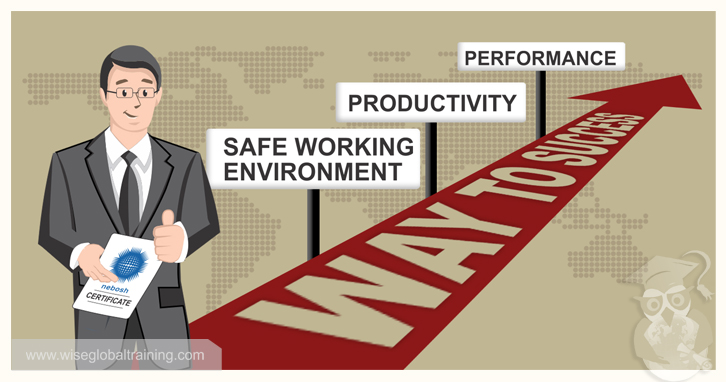Work, Health and Safety
What is WHS?
Prior to 2012, workplace health and safety (WHS) laws were known across Australia as occupational health and safety (OH&S) laws, however in order to make them more consistent, state and territory governments unilaterally agreed in 2012 to develop model laws (WHS Act and Regulations), that could form the base of each state and territories health and safety laws.
 The current WHS Act and WHS Regulations states that Comcare provide the framework to ensure the health and safety of workers and workplaces by protecting workers and other persons against harm to their health, safety and welfare through the elimination of risks arising from work, in accordance with the principle that workers and other persons should be given the highest level of protection against harm to their health, safety, and welfare from hazards and risks arising from work as is reasonably practicable. Comcare also states the WHS Act and WHS Regulations promote continuous improvement and progressively higher standards of work health and safety.
The current WHS Act and WHS Regulations states that Comcare provide the framework to ensure the health and safety of workers and workplaces by protecting workers and other persons against harm to their health, safety and welfare through the elimination of risks arising from work, in accordance with the principle that workers and other persons should be given the highest level of protection against harm to their health, safety, and welfare from hazards and risks arising from work as is reasonably practicable. Comcare also states the WHS Act and WHS Regulations promote continuous improvement and progressively higher standards of work health and safety.
As a business owner, you have legal responsibilities to implement health and safety practices in your workplace as soon as you start your business. You need to ensure that your business doesn't create health and safety problems for your employees, contractors, volunteers, visitors, customers or the public. Knowing and understanding WHS laws and how they apply to business will help you avoid unnecessary costs and damage to your business caused by workplace injury and illness.
Under Australian WHS/OH&S legislation businesses are legally obliged to:
- provide safe work premises
- assess risks and implement appropriate measures for controlling them
- ensure safe use and handling of goods and substances
- provide and maintain safe machinery and materials
- assess workplace layout and provide safe systems of work
- provide a suitable working environment and facilities
- have insurance and workers’ compensation insurance for your employees
Though it may cost to implement safe practices and install safety equipment, the effect of not taking action can be severe and costly. Complying with WHS requirements can prevent you from being prosecuted and fined, and help you to retain skilled staff. Your legal obligations may vary according to circumstances and industry. You may wish to seek independent legal advice on what is applicable to your situation.
Benefits of WHS in your business
Creating a safe work environment is a legal requirement and critical to the long-term success of your business. It can:
- help you retain staff
- maximise employee productivity
- minimise injury and illness in the workplace
- reduce the costs of injury and workers’ compensation
- ensure you meet your legal obligations and employee responsibilities
<Reference: https://www.business.gov.au/risk-management/health-and-safety>
What is WHS?

- provide safe work premises
- assess risks and implement appropriate measures for controlling them
- ensure safe use and handling of goods and substances
- provide and maintain safe machinery and materials
- assess workplace layout and provide safe systems of work
- provide a suitable working environment and facilities
- have insurance and workers’ compensation insurance for your employees
Benefits of WHS in your business
- help you retain staff
- maximise employee productivity
- minimise injury and illness in the workplace
- reduce the costs of injury and workers’ compensation
- ensure you meet your legal obligations and employee responsibilities


Comments
Post a Comment